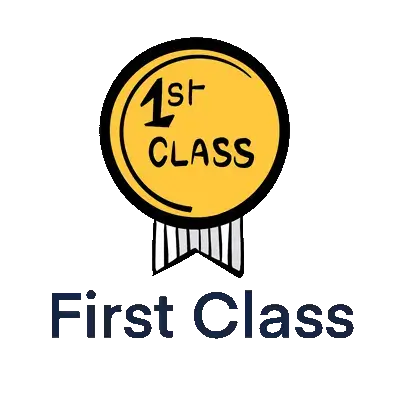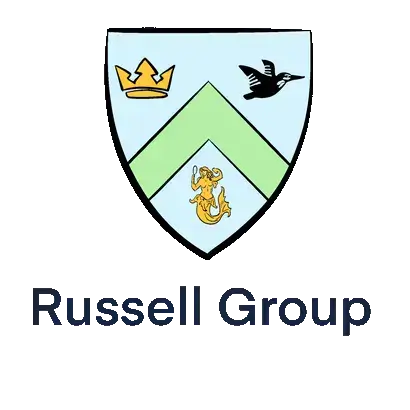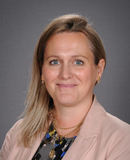The Tiffin Girls’ School tutors
The Tiffin Girls’ School entrance guide
Founded in 1880, Tiffin Girls’ School is a selective grammar school for girls aged between 11 and 18 situated in south-west London. Tiffin Girls’ School caters solely for local families and has a specific catchment area which is detailed on the website; all pupils who have been offered a place in the last ten years have lived within this area. As the school is so popular and is heavily over-subscribed, entry is competitive and is offered at 11+ only, with occasional places being subject to availability and made through the local authority. There are a small number of places available for entry into the sixth form. Below you can find our guide to 11+ admission to Tiffin Girls’ School, and details of our tutors who can support your child through this process.












